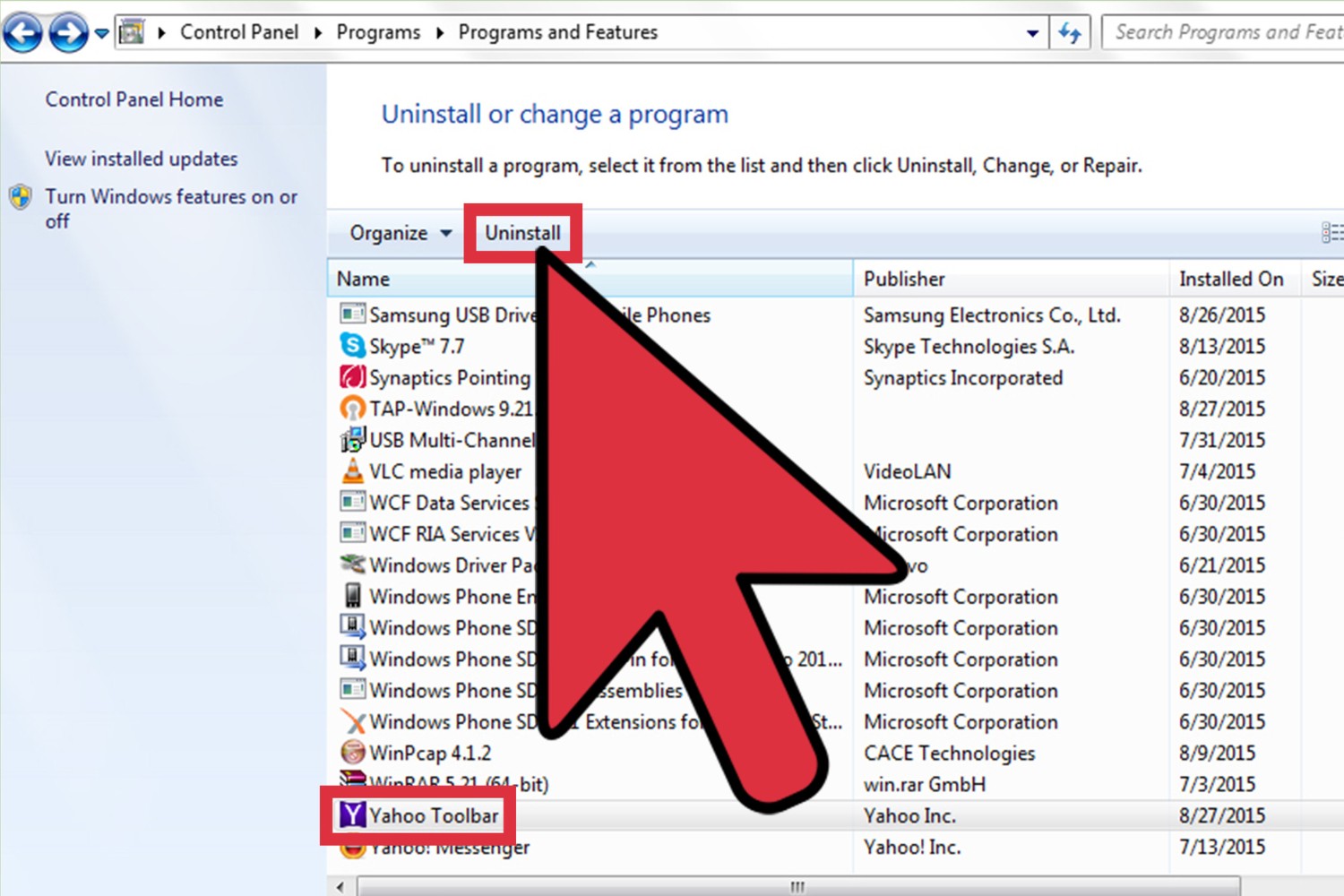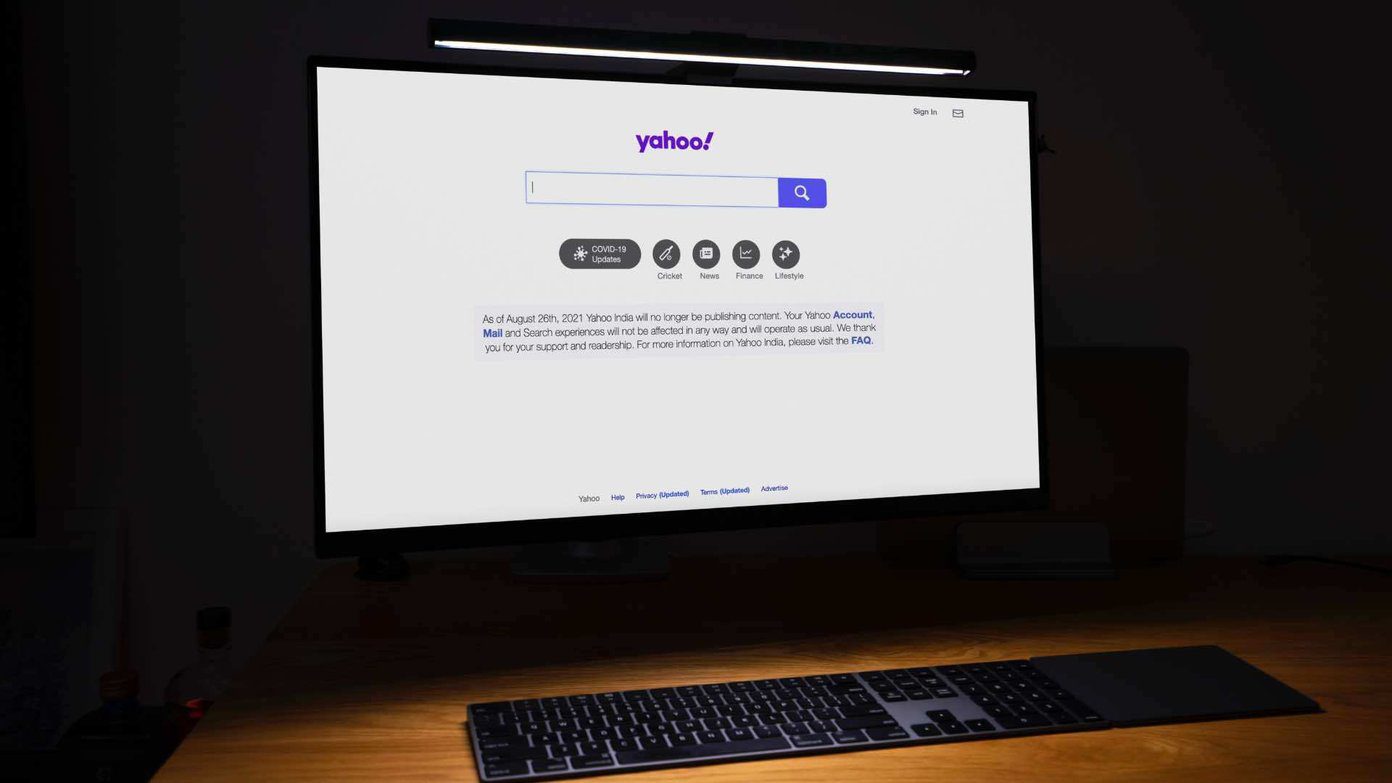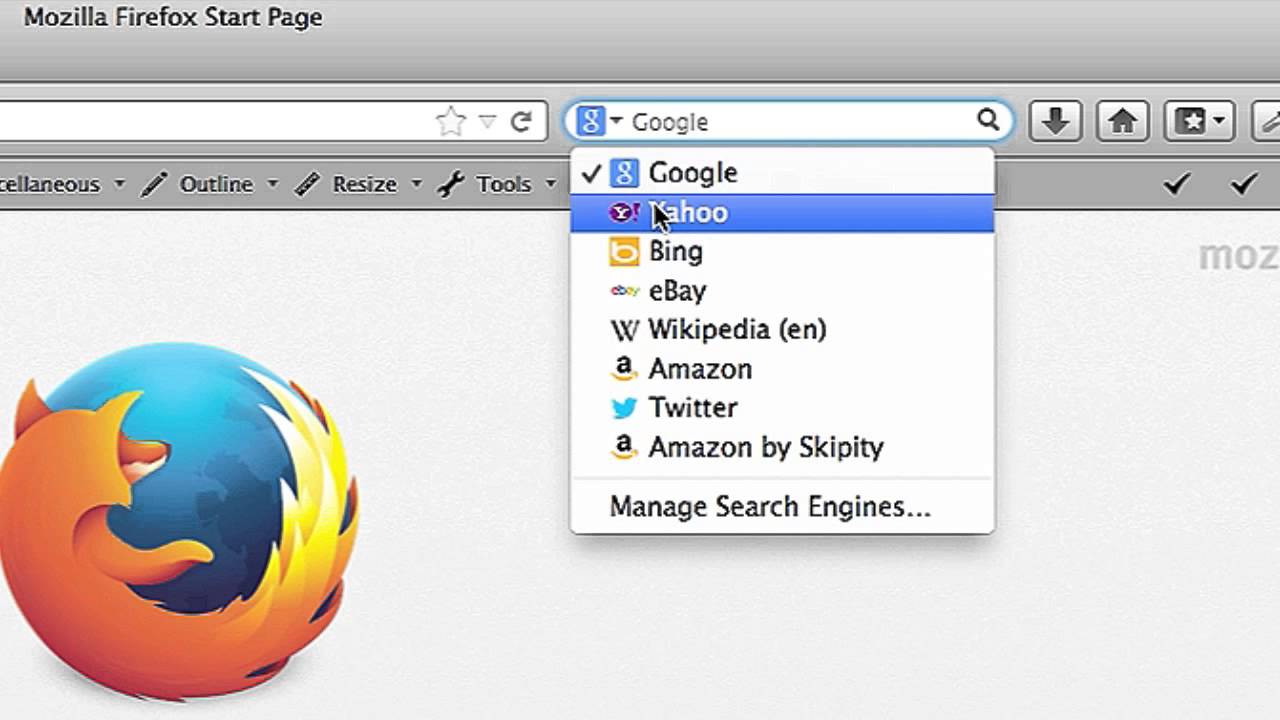The ongoing antitrust case between the US government and Google has been making waves with new revelations about the tech giant’s practices. The trial, dubbed as one of the biggest fights in tech antitrust since the Microsoft trial in the 1990s, is shedding light on Google’s inner workings and potential monopolistic behavior.
Key Takeaway
The ongoing antitrust case against Google has significant implications for the tech industry and the future of competition in search and advertising. If Google is found to have engaged in anticompetitive practices, it may have to change its behavior and share its APIs with third-party developers. The trial’s outcome could also impact other Big Tech cases currently under investigation.
Why the Google vs. U.S. antitrust case matters
The case is centered around the government’s claims that Google uses its platforms and deals with partners to block out competition in search and advertising, stifling innovation and hindering competitors from accessing vital data to improve their products.
If Judge Amit Mehta rules against Google, the search giant may be forced to change its behavior and share its APIs with third-party developers. Furthermore, Google could be barred from making anticompetitive and exclusive deals with smartphone and computer manufacturers as well as wireless carriers.
Enforcers argue that the case against Google is an opportunity to demonstrate that antitrust law remains relevant and that even a tech giant like Google is not above the law.
The outcome of the Google trial could also have far-reaching implications for other Big Tech cases. The Federal Trade Commission (FTC) has sued Amazon for alleged anticompetitive practices, while the Department of Justice (DOJ) has been investigating Apple’s policy for third-party apps on its devices. Additionally, there is an ongoing case between the FTC and Facebook, with the agency calling for the divestiture of Instagram and WhatsApp.
This trial is not the only antitrust battle Google is currently facing. The company recently settled a separate antitrust lawsuit with dating site Match Group and is currently in trial with Fortnite maker Epic Games, who accuses Google of engaging in anticompetitive behavior with its Android app store, Google Play, and its commission structure.
A Window into Google’s Most Popular Search Queries
During the trial, Judge Amit Mehta made public a list of Google’s most profitable search terms. The list, which ranks search terms by revenue, includes popular queries such as “iPhone 8,” “cheap flights,” and “car insurance.” These terms highlight Google’s dominance in vertical search, where it excels in providing search results in specific market categories. The revealed search terms align with Google’s close relationship with Apple and its popularity as a search engine for everyday needs.
Revenue-Shares to Pre-install Google Apps on Androids
Google’s employee, Jamie Rosenberg, testified that competition between Google and Apple is fierce. He explained how Google enters revenue share agreements with smartphone manufacturers and wireless carriers, requiring them to set Google search and Chrome web browser as defaults. The agreements also mandate pre-loading a bundle of Google apps on Android devices. Google justifies this by claiming its apps are of superior quality and motivate other companies to make or sell more Android devices.
Expedia Complaints about Ads on Search and Expensive Ad Payments
Expedia’s chair, Barry Diller, testified about his concerns regarding the increasing number of ads in search results and their impact on organic listings. Diller wrote a letter to Google in 2019, expressing his discontent with Google’s punitive actions and the need for a level playing field. Expedia’s former chief operating officer, Jeff Hurst, also testified that the company’s ad fees increased significantly, impacting search results. Hurst pointed out that Google began including its own flight and hotel data in search results during this period, potentially contributing to decreased traffic for Expedia.
European Antitrust Fine Spurs Google to Improve Search Quality
The government argued that Google only made efforts to enhance its search engine in the European Union after being hit with a €5 billion antitrust fine in 2018. Internal documents revealed that Google, in response to the fine, initiated a plan called “Go Big in Europe” to offer more localized content and improve search results in France and Germany. This move aimed to incentivize users to choose Google’s home screen over competitors’ options. The revelations align with the government’s claims that Google lacks the motivation to improve its products without competition.
Mozilla’s Defense of Google’s Search Quality
Mozilla CEO Mitchell Baker provided an unexpected defense of Google’s search engine quality during a recorded deposition. Baker recounted how Mozilla’s decision to switch Firefox’s default search engine from Google to Yahoo backfired. The move resulted in a decline in Firefox users, suggesting that Mozilla’s users expected and preferred Google as their search engine. However, it’s worth noting that Yahoo was already behind Google in terms of search technology, and Firefox faced stiff competition from Chrome at the time.
The trial is ongoing, and more revelations about Google’s practices are expected to come to light. The outcome of this landmark case will shape the future of competition and antitrust regulation in the tech industry.

























